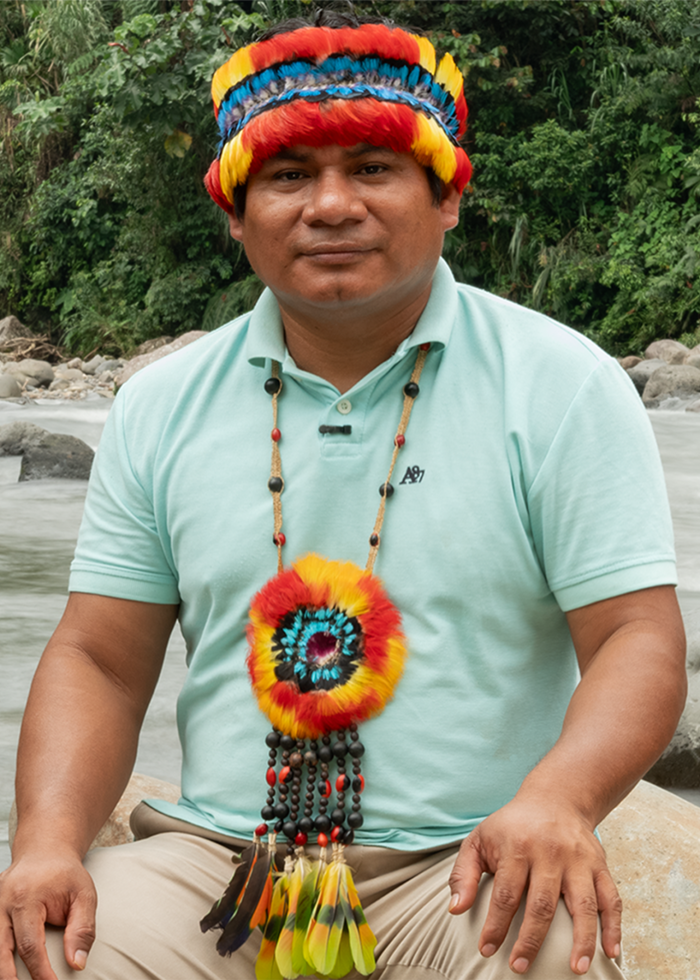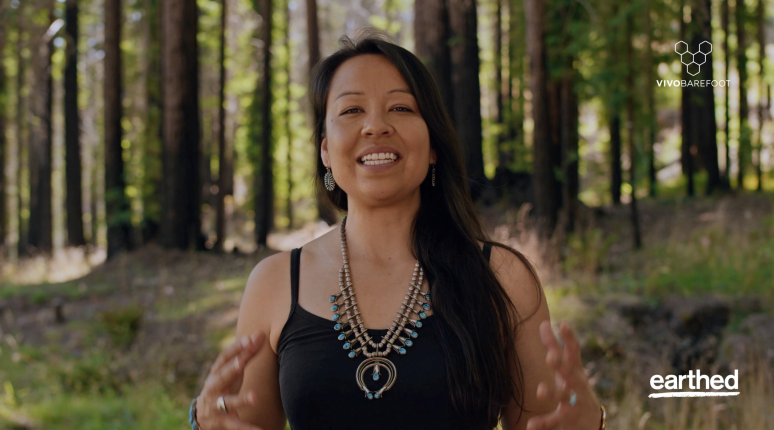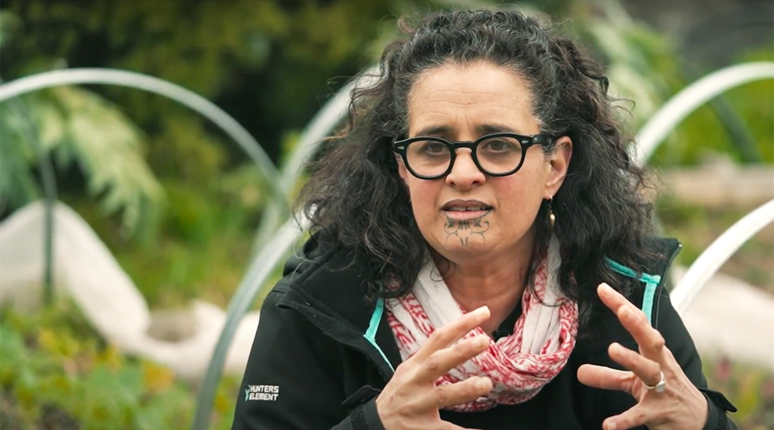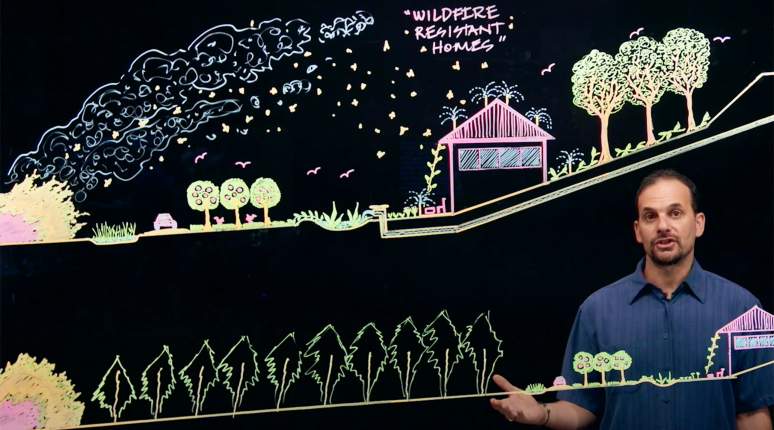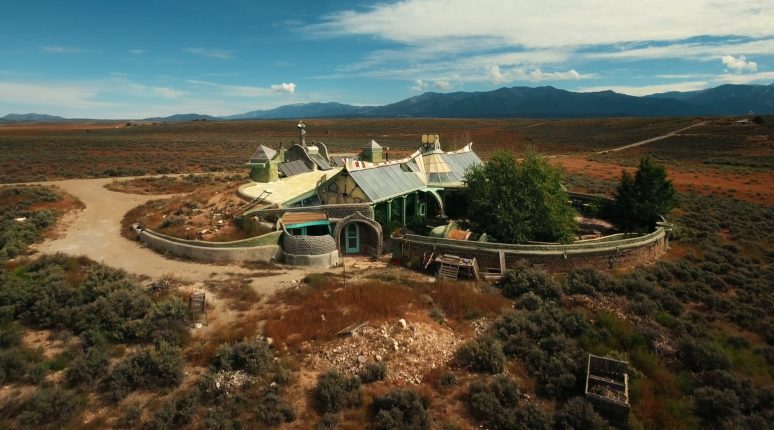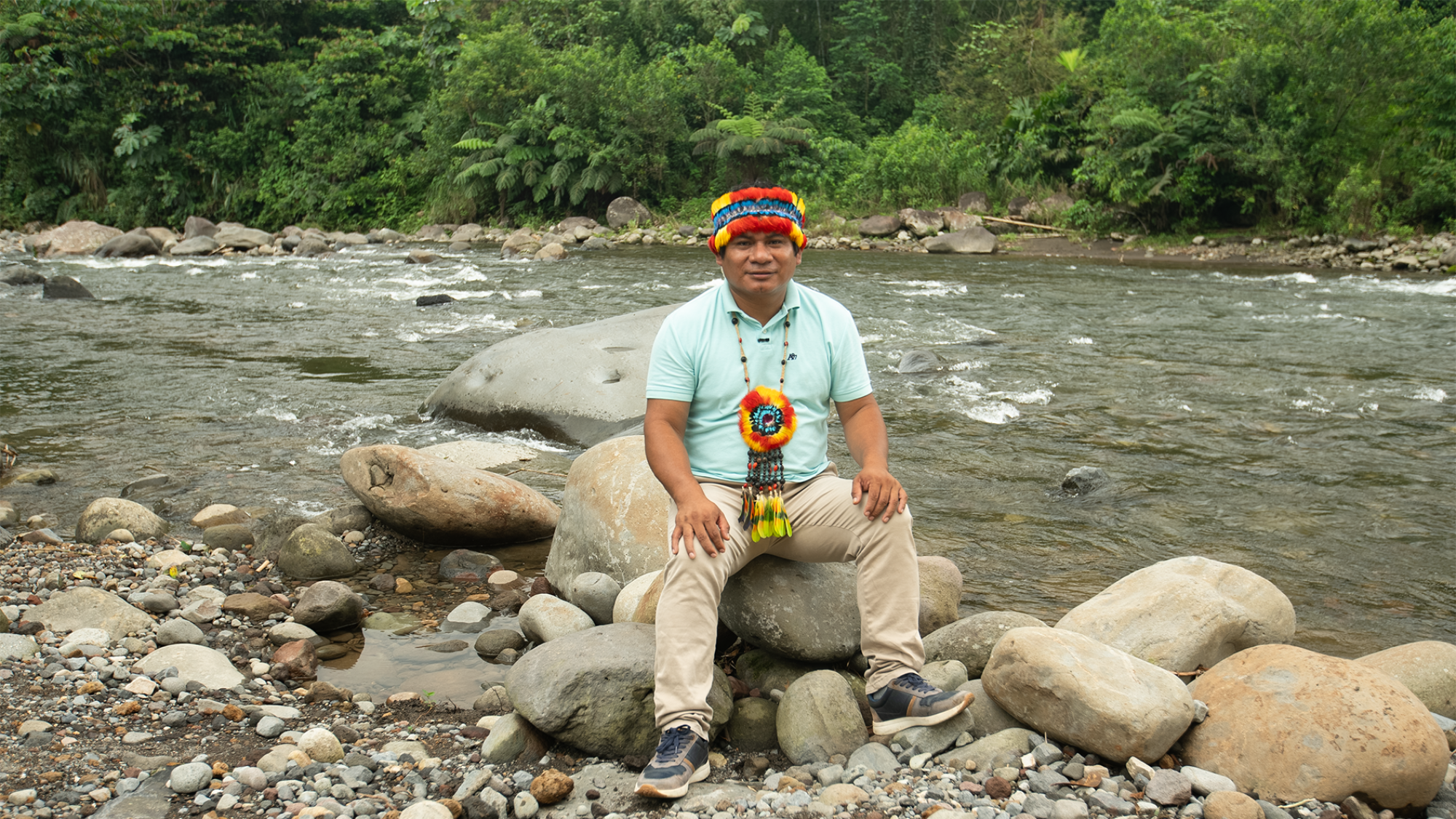
Tradition and Transformation in the Amazon with the Shuar
Tradition and Transformation in the Amazon with the Shuar
About this Course
Join Earthed and Vivobarefoot on a journey to the heart of the Amazon Rainforest to discover the resilience and wisdom of the Shuar, a warrior people who resisted conquest not with arms but with the strength of their culture. Learn about a model of sustainable living rooted both in tradition and innovation.
The Shuar culture is grounded in the understanding of the interdependence between themselves and nature. This harmonious coexistence with their environment serves as the cornerstone informing every facet of their actions and decisions.
Delve into their ancient knowledge systems and inclusive governance structures, honed over millennia for the holistic stewardship of their lands and local biodiversity. Plus, explore how this community is using innovative strategies to navigate challenges like climate change and continue their vital role as resilient guardians of nature for generations to come.
Key Concepts
- Biocultural Restoration
- Community Engagement
- Indigenous Land Management
- Traditional Ecological Knowledge
- Women’s Empowerment
- Climate Adaptation and Resilience
- Regenerative Economies
- Intergenerational Stewardship

Course modules
-
2 min
Introducing the Shuar People of the Ecuadorian Amazon
-
8 min
Module 1: From Ancient Roots to Contemporary Challenges
-
8 min
Module 2: Indigenous Relationships of Interdependence with Nature
-
7 min
Module 3: The Spiritual Traditions of Shuar Holistic Land Management
-
7 min
Module 4: The “Chakra” Traditional Agriculture System
-
7 min
Module 5: Climate Crisis on the Frontlines
-
8 min
Module 6: Regenerative Economy: Preserving Nature, Empowering Communities
-
6 min
Module 7: Empowering Shuar Women: Guardians of Tradition, Leaders of Change
-
2 min
Final Considerations and Call to Action
Share this course with your friends!
About Tuntiak Katan
Tuntiak Katan, deeply rooted in his Shuar community, is a staunch advocate for the conservation of the Amazon and the rights of its indigenous peoples. His academic background has expanded his commitment to biodiversity, indigenous knowledge, territory, and sustainable development.
